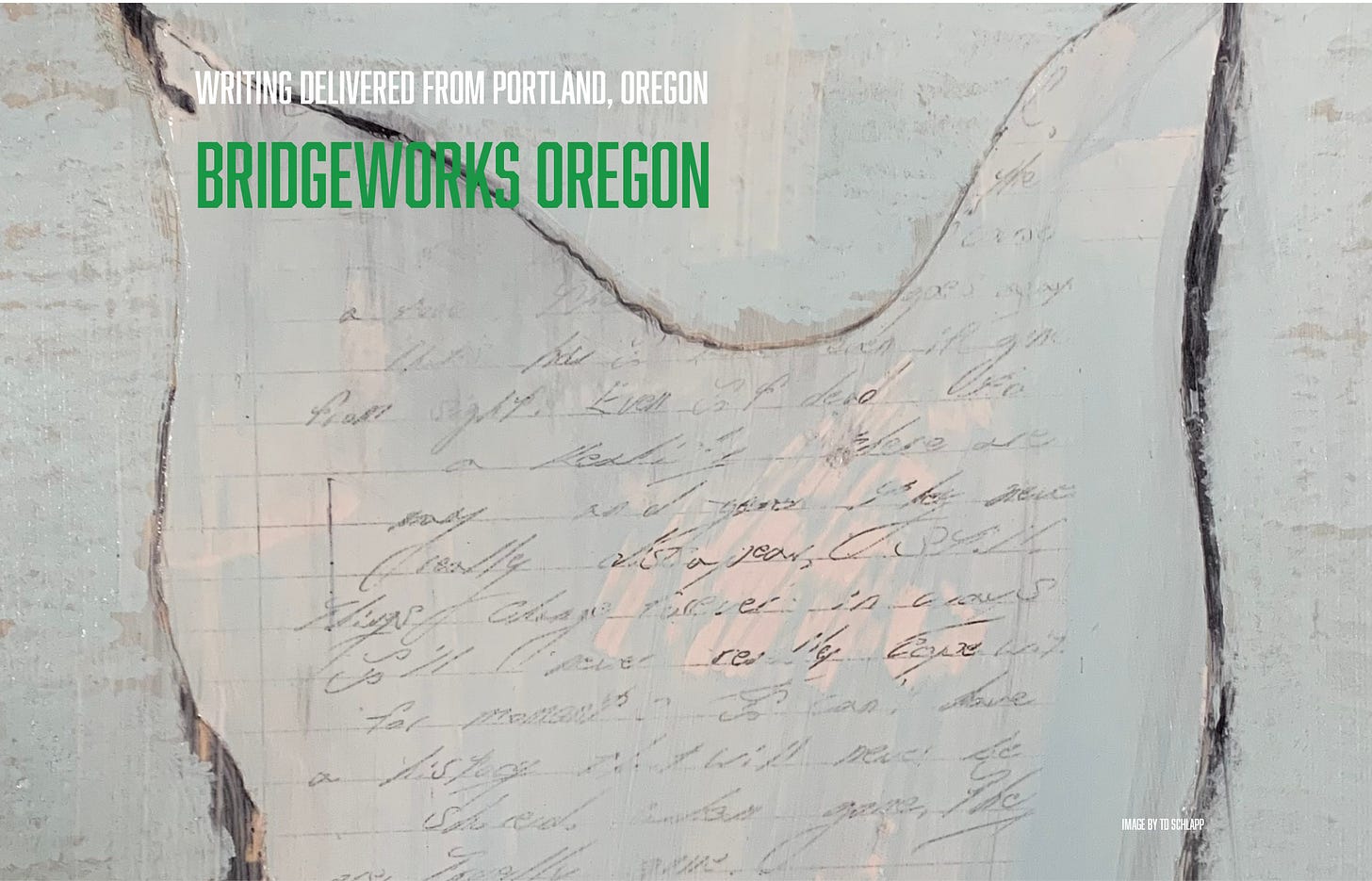Dreams in Gwendolyn Brooks’s Kitchenette Building make a “giddy sound, not strong” measured against the voice of day-to-day survival. Those dreams sent up through onion fumes have populated my imagination since our first encounter. The poem has always been an evocative reminder of how differently I might measure hope if my life began in a cramped kitchenette in 1940s Chicago. This sticky image has worked its way into my worldview providing a direct, compelling reminder that words like “hope” and “dream” are as different as the people who are using them.
Issue No. 2 will be released weekly over the next several months. The PonyXpress pulls at the weft and warp of our collective experiences through a loosely held theme. Our writers who are incarcerated bring rich, vibrant life experiences to the page. During the winter, our writers consider ideas we carry forward. What do we tell next generations? This recalls the work of our earlier anthology, Prisons Have A Long Memory which attempted to answer the questions of middle and high school students about life inside. A particularly poignant section addressed: Do you dream in prison? We read poetry and essays about the dream of freedom, and dreams of being on the streets again. Most dreaded, I think, was the long-termers realization that their dream life had merged with prison life. In our workshops, we have agreed that people who stay on track in prison and build better lives have cultivated a dream and cared for it. And, while they each wear the prison blues of a DOC uniform, these individuals hold myriad dreams close, as Brooks suggests: “… warm it, keep it very clean, Anticipate a message, let it begin?” The writers try to bring light and joy into the world and in return they hope for an audience willing to listen for a time and then help pass there hopes into the clear night sky.
Pelayo Brambila Fernando recalls his childhood in Jalisco, Mexico waking up to the crack of the fire as comals heated and freshly ground corn was fashioned into tortillas. Notice the wonderful way he uses his second language, steering clear of well-trodden roads. A Taste of My Development provides bite-sized images of this world so far from his prison cell at Eastern Oregon Correctional Institution, Pendleton.
I Dreamt by Joshua Foley was submitted from Powder River Correctional Facility, where we have recently trialed a video conference workshop meeting. This innovation will allow us to maintain a closure connection with the small group of writers we have met in Baker City. The town is located about 5 hours from Portland. We suspect that having a feed into this smaller facility will provide us with an opportunity to draw more work from the central part of the state. Joshua is dedicated to using his workshop time to help him develop his creative life, in preparation for life outside.
Pickled by Enrique Bautista was submitted outside the walls of Oregon State Penitentiary. Enrique wrote with the OSP workshop earlier this year and now steps into a life filled with family and community. While still on the inside, Enrique worked to dismantle divisive gang culture through the Taking Accountability Group (T.A.G.) He is working with some local churches and schools to take that program to the streets and redirect the energy of community kids.
Portlanders are invited to a conversation and presentation at Building 5 in NW Marine ArtWorks (2526 NW 29th Avenue, Portland) on Wednesday, November 15 at 7pm. Enrique Bautista, along with Chase Belford, and Kenny Hamilton will join Danny Wilson and myself to talk about the beginning of the PonyXpress inside OSP and how we bring these stories to the larger community. This talk is sponsored by a generous grant from Oregon Humanities and Building 5. | TDS


